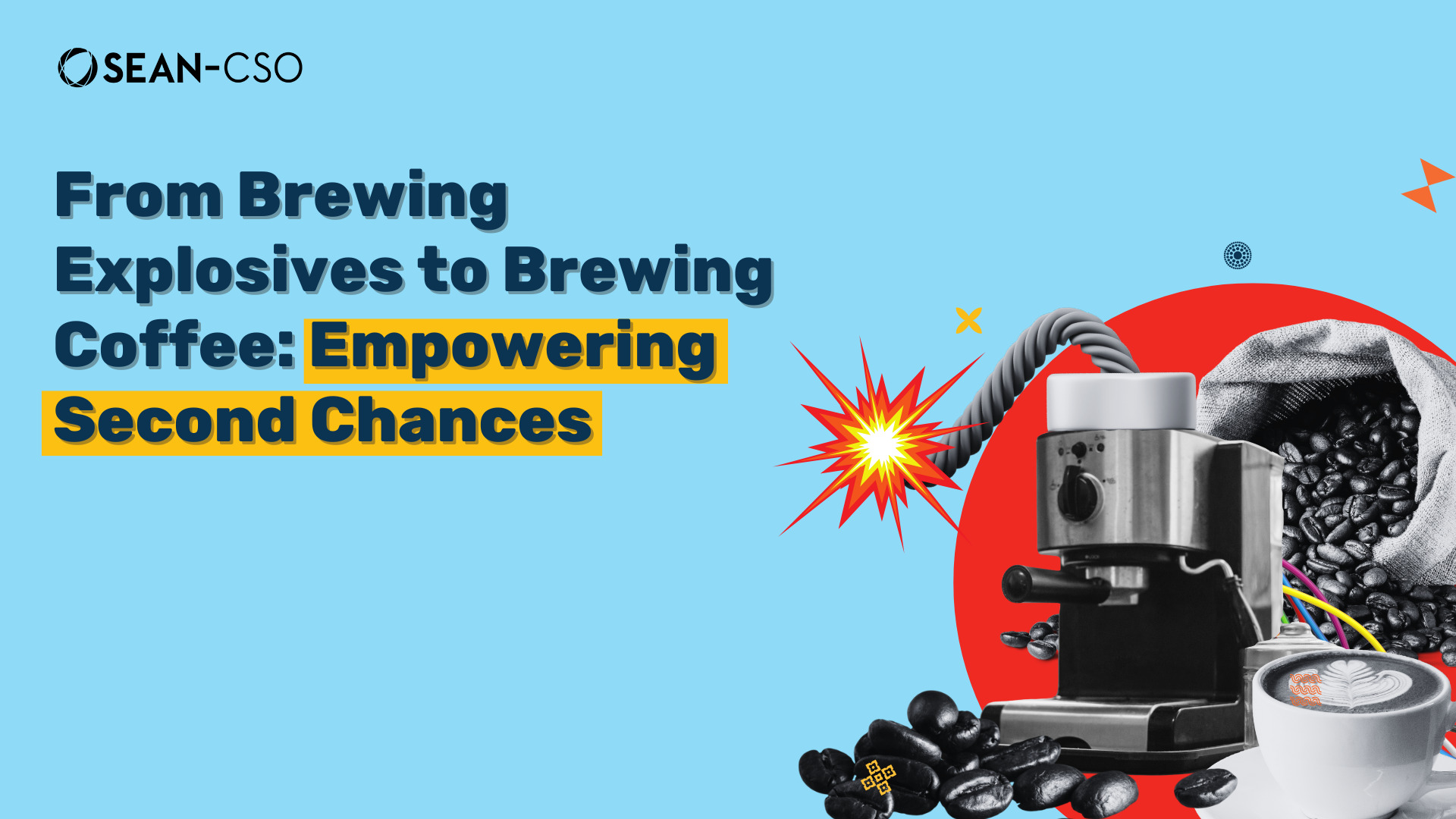Imagine a time when individuals or groups are burdened by stigmas cast upon them and are given a second chance to rebuild their lives. This kind of hope should be extended to fellow human beings. In this light, Muhammad Wildan from CISForm UIN Sunan Kalijaga presents this initiative that has undoubtedly transformed the lives of many former terrorists, guiding them back towards being treated like others in society.
How does this program carry out an initiative to provide comprehensive support to former terrorists in Yogyakarta and Central Java?
Specifically, this program aims to empower men and women to reach their full potential through physical and emotional approaches.
How Heart, Hand, and Mind Approach Matters in Rehabilitation and Reintegration
The Yogyakarta and Central Java program has successfully trained over 20 former terrorists. Wildan highlighted that most of these people are men with diverse educational backgrounds, some affiliated with organisations like Jemaah Islamiyah (JI) and Jamaah Ansharut Daulah (JAD). These individuals have served prison sentences ranging from one to six years. As they reintegrate into society, they encounter significant job challenges due to their past and limited educational background.
This program has taken a bold approach by establishing a cafe named “Gandroeng Café” founded by Muhammad In’am, a bomb-brewing terrorist and Wildan’s, who is a suicide bomber in Syria. In’am has made this cafe a safe place for former terrorists to gain new skills, particularly in entrepreneurship.
The world is indeed a remarkable place, considering how In’am used to be involved in violent extremism, including bomb-making, but now, he’s turned to brewing coffee beans. This coffee is not just a drink – it’s a bridge that helps In’am and his former associates, who were once involved in terrorism, find their way back to the right path. What is more, Wildan concluded that this program provides vital emotional support that integrates “heart, hand, and mind” throughout the rehabilitation process. The program includes workshops on nationality, economic empowerment, entrepreneurship, mental health counselling, vocational training, and mentorship. Participants can engage in meaningful dialogues and social activities and receive spiritual guidance from religious and community leaders, fostering a positive and constructive community environment.
These are the best practices coming from CISForm UIN Sunan Kalijaga, which demonstrates the importance of integration that incorporates:
1. Family support
2. Head of village support, as a representative of civic leadership
3. Openly communicate with the society, linking the individuals to the bigger social group
4. Involvement in any social activities: in Indonesia, a popular activity may include kerjabakti (community service)
However, what momentum made former extremists feel entirely accepted by society? Wildan highlighted three key points:
1. Acceptance in any social & religious activities so that they can still practice their ideologies in a positive way
2. Being involved structurally in society is crucial in giving a sense of belonging and the purpose of the greater good
3. Invited by government apparatus to share experiences so that they have a mission to be a messenger of peace
Furthermore, Wildan and CISForm’s approach in their program delivers crucial spiritual guidance through religious figures such as imams from Muhammadiyah and Nahdlatul Ulama (NU). NU plays a pivotal role in providing support and fulfilling the spiritual needs of former terrorists, helping them heighten their faith and move away from extremist behaviours. From here, it can be seen that this program offers valuable support, empowering former terrorists to overcome their past and realise their full potential.
Conclusion
The reintegration and rehabilitation program for former terrorists, managed by CISForm UIN Sunan Kalijaga, is a comprehensive initiative that has instilled new spirit and hope in former extremists. Through a holistic approach that addresses emotional needs and provides full support to achieve economic stability, the program has effectively transformed the lives of these individuals. Furthermore, spiritual guidance has contributed to the invention of a more effective and tolerant community, cultivating a positive impact on the lives of former terrorists.
SEAN-CSO provides a platform for civil society organisations in Southeast Asia to network and share resources. Through this network, members can support each other, share knowledge, and coordinate efforts to address the region’s social challenges. In doing so, SEAN-CSO contributes to strengthening the voice of civil society at both regional and international levels.

